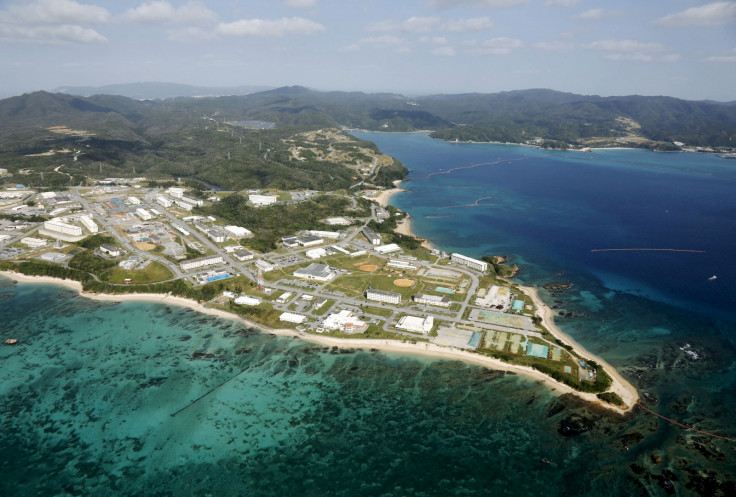US to tighten immunity eligibility criteria for its soldiers in Japan
US-Japan Status of Forces Agreement to be amended in the wake of incidents involving American personnel.

The US has finally agreed to amend the US-Japan Status of Forces Agreement (Sofa) that provides legal immunity to its soldiers stationed in Japan and civilian contractors working there. Washington has said that it will now tighten the eligibility criteria for receiving immunity under Sofa.
The move comes after widespread protests began in Japan's Okinawa Island over the heavy military presence and a series of alcohol abuse cases involving American soldiers – the most prominent being the murder of a 20-year-old local woman allegedly by Kenneth Franklin Shinzato, a former US marine working as a civilian contractor on the island.
The US and Japan announced on Tuesday (5 July) that US contractors who hold Japanese visas will no longer be eligible for protection under Sofa. They added that further discussions are ongoing on which contractors will continue to be included in the agreement.
"This will without doubt reduce the number of civilian contractors covered by the agreement," Japan's Minister of Foreign Affairs Fumio Kishida was quoted by Reuters as saying in Tokyo after a meeting with US ambassador Caroline Kennedy and US Air Force Lieutenant General John Dolan, the commander of US forces in Japan. Japan's Minister of Defence Gen Nakatani was also present at the meeting.
Sofa, signed between the two countries in 1960 that sets out the legal status of US bases and military personnel stationed or working in Japan, had drawn flak from Okinawans after the local woman's death and some recent drunken driving cases.
In certain cases such as offences committed while on duty, the agreement exempts the accused from being prosecuted in Japanese courts, thereby protecting them from punishment. The 32-year-old Shinzato, accused in the local woman's murder, is eligible for protection under the status agreement.
The agreement exempts US military personnel from visa requirement while in Japan. It has, however, been widely criticised after it emerged that the US military allegedly uses the provision to send its people home before the Japanese police can arrest them. The agreement also allows civilian contractors to avail of housing benefits and other perks while in Japan.
Reuters reported that Okinawa houses around 50,000 US nationals, of whom 30,000 are military personnel and civilians employed at US bases, with around a fifth of the land area in Okinawa under US military control.
© Copyright IBTimes 2025. All rights reserved.





















